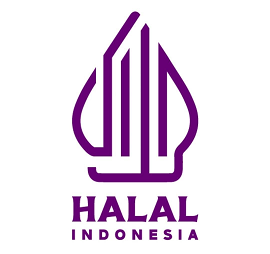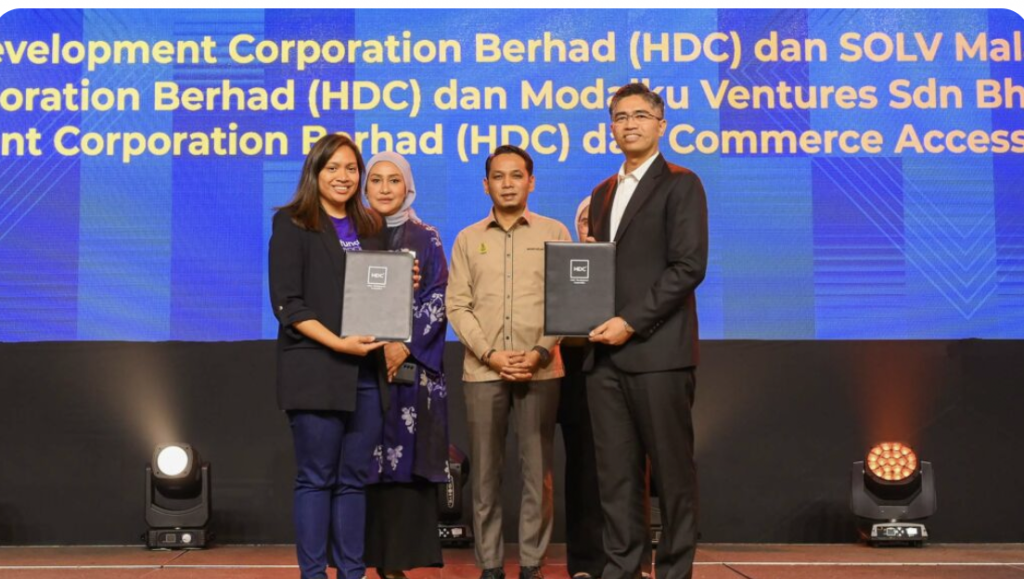BRUNEI should not give into market pressure and rush small and medium
enterprises who are not ready to enter the global halal market.
“Brunei
is still new and coming from an infancy stage they want to go straight
into university because everyone is saying that they have to get their
act together because they’re a Muslim country so they have to be on the
forefront,” said Tina Mazni Jamaluddin, general manager of corporate
marketing of Prima Agri Products Sdn Bhd, and speaker at the
International Halal Market Conference 2009.
“The pressure is
market driven. Unfortunately, the industry is still at its infancy
stage and they feel like the SMEs aren’t moving along fast enough. But
at the same time Brunei has to look at giving it more time,” she said.
To
successfully launch SMEs into the global halal market, she proposed
specific financing schemes and mentoring programmes for the SMEs.
“The
size of Brunei SMEs differ from the SMEs in larger countries, so I
pointed out in my presentation that Brunei has to look at it and see
the stage the SMEs are going through and address it at that stage. You
can’t have a one-size-fits-all-grant or incentive programme, which I
think, is probably the direction most governments go in,” she said.
Tina
added that with Brunei being such a specialised market, it also has
special case scenarios, such as the housewife who starts her business
from home and now wants to venture out of the home. “Suddenly she has
to fill in loan forms, and she has to go see loan officers and banks
are asking about loans and collateral,” she said. “She probably doesn’t
know how to write a business plan, so I think that’s where the
government will have to come in … forget about talking to her about
incentives for HACCP (Hazard Analysis and Critical Control Points) or
ISO 9000 standards, she needs to start at the very beginning.”
She
added that it would be more of a workshop and mentoring programme for
SMEs that start from home and as they progress along, there are other
incentives that could be put into place, such as standards and
accreditation incentives, machinery and equipment incentives or
branding and promotional grants.
Tina said that there is
probably miscommunication between SMEs and the government, where the
SMEs don’t know what to do and the government is not helping, while the
government has a conception that the SMEs have no idea what to do and
that all they want is money. “I think there has to be an understanding
and matching somewhere down the line and I don’t think it is as bad as
either party thinks it is. They just need to understand each others’
needs and requirements,” said Tina.
Some of the examples of
financing models she gave included the microcredit scheme that was
successfully done in India and in Malaysia, which has an incubator
system and specific SME incentive for women entrepreneurs. “It is very
much a mentoring programme, which has a successful SME that has already
gone through the hurdles, and the scheme parks three to four women
entrepreneurs under them. There are loads of models and there must be
models all around the world so it is just a matter of doing it,” she
said.
Tina said that it doesn’t mean that Brunei will have to be
held back to concentrate on the smaller SMEs only. “Schemes like this
can be done simultaneously with the established countries and grow
these two together. You’re going to have different SMEs in different
stages of the growth cycle so you’ll definitely have to do it
simultaneously,” she said.
“Brunei will need to be really specific and offer incentives that are relevant to the business’ growth cycle,” she said.
Noel
Shield, interim chief executive officer of Ghanim International Food
Corporation Sdn Bhd, said that part of the commitment the
government-backed joint venture made with the government is not only to
build the Brunei Halal brand, “but also to work with the local SMEs to
improve what they’re doing”.
He said, “Whether they will join
Brunei Halal or not we are committed to work with the SMEs and maybe we
could take an SME and turn it into a medium enterprise.”
He said they can help guide SMEs by looking at the business processes to help them and make them more competitive.
The Brunei Times



